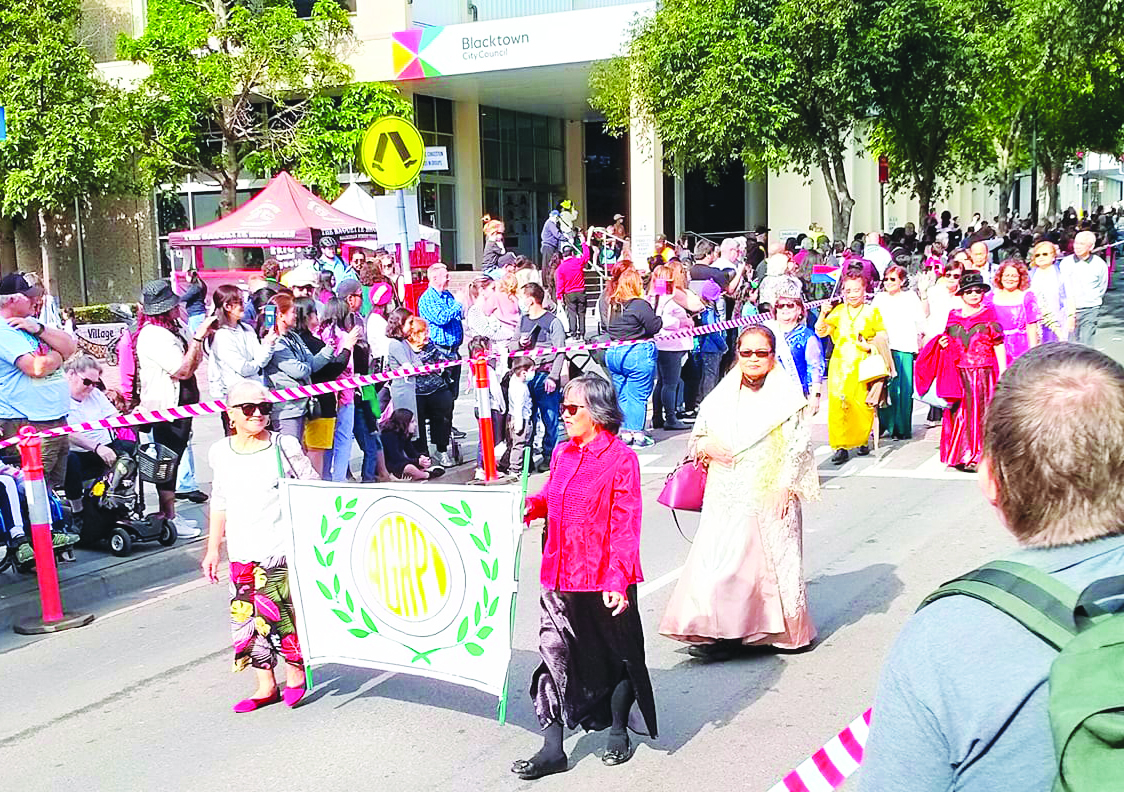The National Security Committee of Cabinet has agreed today to introduce new travel restrictions and update the travel advice for Iran as part of the Government’s coordinated measures to protect Australians from COVID-19.
From 1 March 2020, the Australian Government will implement changes to travel arrangements for people travelling to, or returning from Iran, following expert medical advice today from the Australian Health Protection Principal Committee (AHPPC) and the Australian Government’s Chief Medical Officer on the outbreak of COVID-19.
These measures are part of our ongoing strategy of containment and minimising risk to the Australian community as detailed in our pandemic preparedness plan.
As of 1 March 2020:
- The Department of Foreign Affairs and Trade will raise the level of the travel advisory for Iran from level 3 to level 4 – do not travel;
- Foreign nationals (excluding permanent residents of Australia) who are in Iran on or after 1 March 2020, will not be allowed to enter Australia for 14 days, from the time they have left or transited through Iran;
- Australian citizens and permanent residents will still be able to enter, as will their immediate family members (spouses, legal guardians or dependants only). They will be required to self-isolate at home for 14 days from the day they left Iran.
These actions are based on advice from the AHPPC that noted the following evidence suggesting the COVID-19 outbreak in Iran may be one of the largest outside of Hubei province in China;
- Iran has the largest reported number of deaths outside of Hubei province;
- There are already cases of COVID-19 from Iran to a number of countries including Australia and New Zealand, despite the absence of direct flights and relatively low travel volumes from Iran to these countries.
- It is almost certain that the reported case numbers are underestimated.
The travel restrictions for Iran will now be consistent with those in place for China.
The Australian Government favours measures that could materially slow the importation of COVID-19 cases into Australia to enable preparatory measures to continue and to enable a public health response to the initial cases.
We believe that travellers from Iran represent, at this time, a materially greater risk of COVID-19 importation than any other country outside China.
The current travel restrictions regarding mainland China continue to be successful in reducing the volume of travel from mainland China and will continue.
This is a specific temporising measure for an unusually high-risk country and further travel restrictions are unlikely to be effective at reducing importation.
Since 22 February 2020, 25 cases of COVID-19 have been confirmed in Australia, including:
- 15 cases with a direct or indirect link to Wuhan, Hubei province, China, who are all reported to have now recovered from their infections.
- 9 cases associated with the Diamond Princess repatriation flight from Japan to the Northern Territory are in isolation in their home state in a stable condition
- An additional case in Queensland with a recent travel history to Iran which was confirmed on 28 February 2020. The case is currently in isolation at a hospital in Queensland and contact tracing by Queensland Health is underway.
Across the world there are currently 85,153 cases and 2,922 deaths reported across 58 countries from the outbreak of COVID-19.
New countries with confirmed cases include Iceland, New Zealand and Mexico.
While we are not immune as a country we are as well prepared as anybody could possibly be.
The Australian Government continues to monitor and respond to the COVID-19 outbreak as it evolves.
We will work in close cooperation with state Government authorities and our international partners to coordinate our response and keep Australians safe.










Leave a Reply